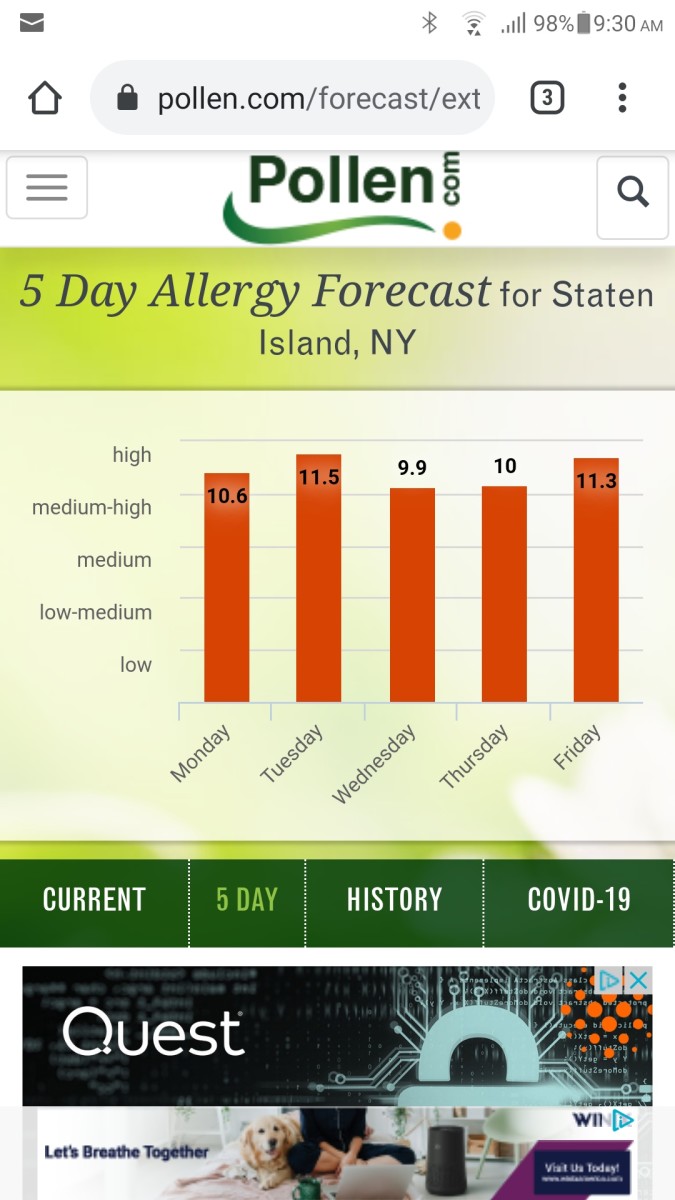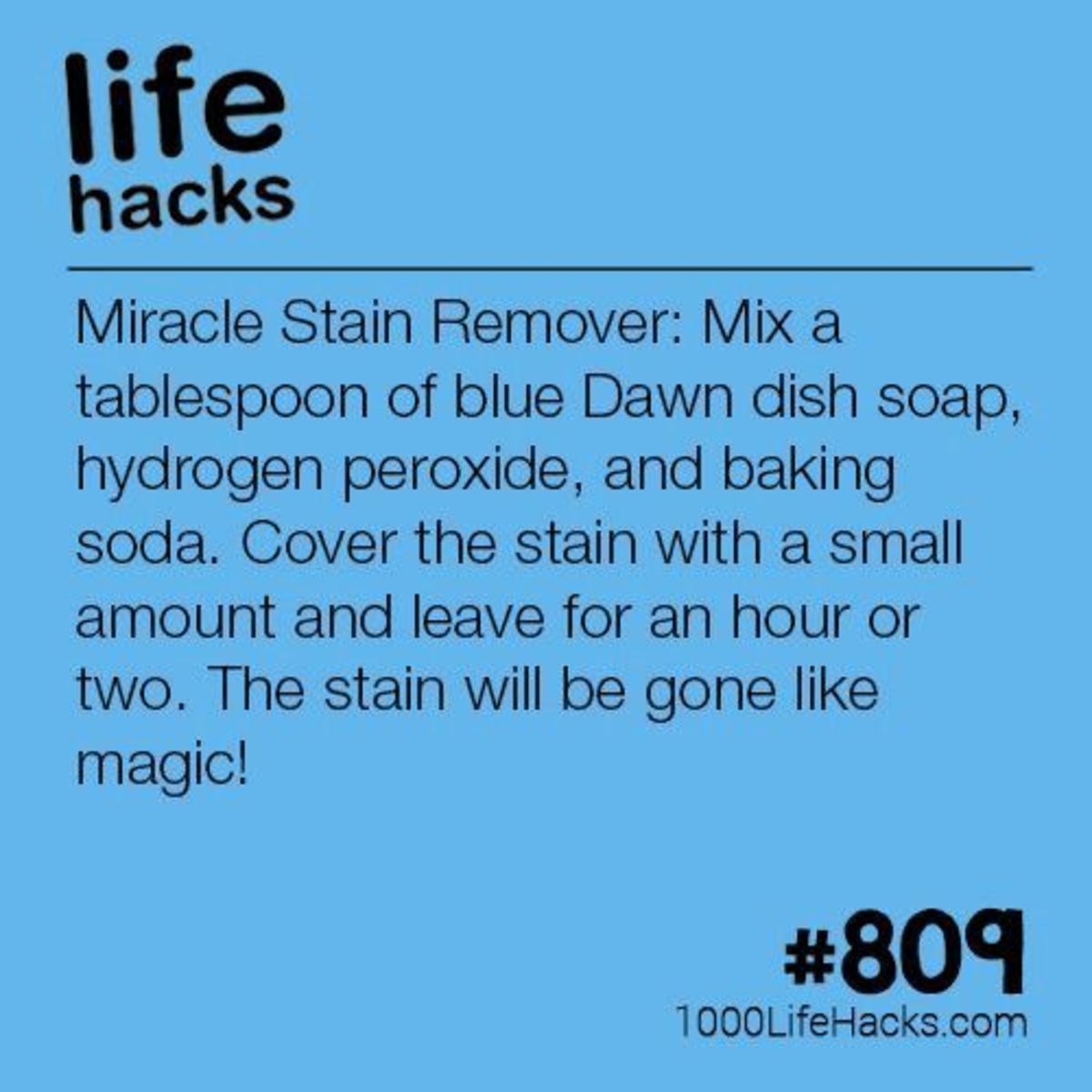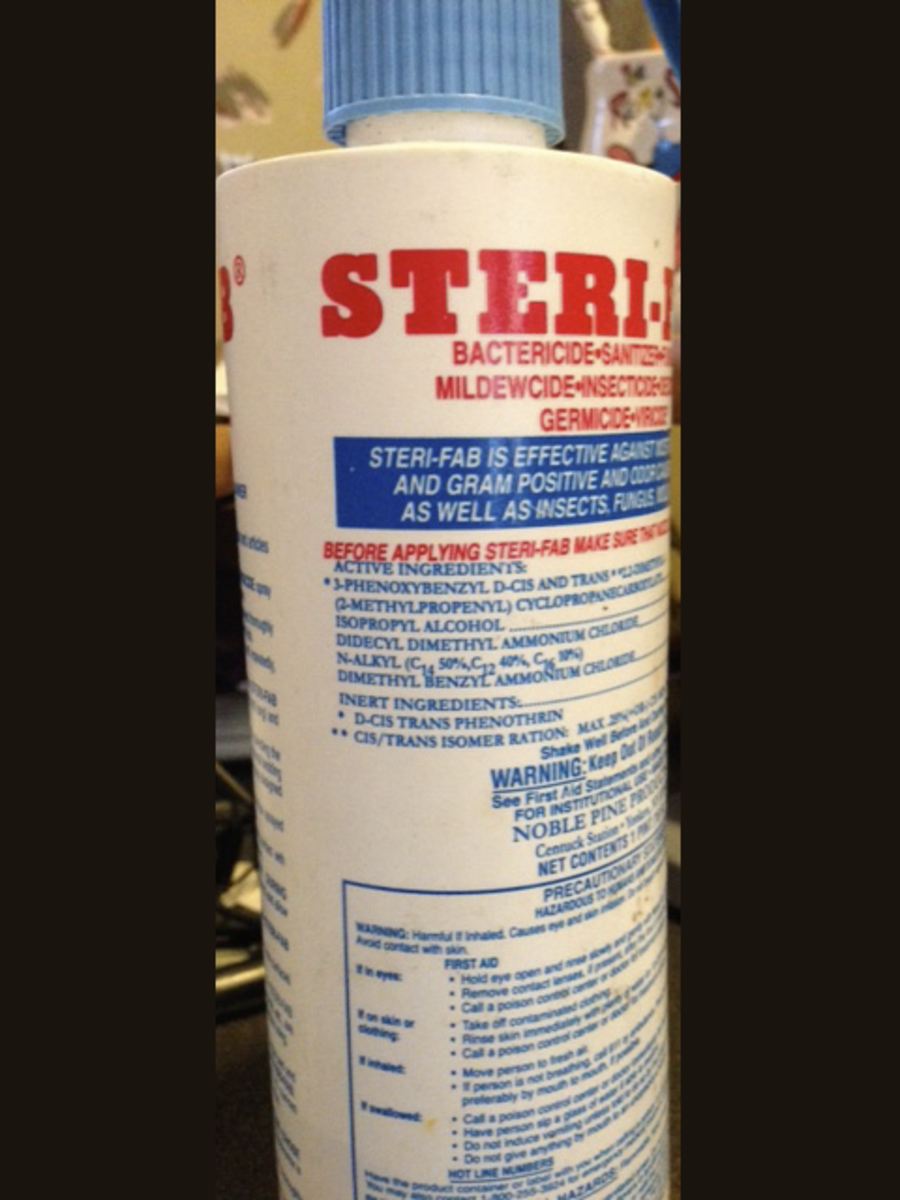Air Purifier Comparison Calculations: How to know which one is best for you!
Even in the Smoky Mountains, You need an air purifier!

Not All Air Purifiers are Created Equal
I have been in air purification for over 10 years now. Every air purifier advertisement, box, sales person, and info packet will give you all kinds of hype about why a particular air purifier is so grand, awesome, and the best thing you could buy with your money. The truth is not all air purifiers are created equal. Another truth is that different air purifiers serve different purposes. I have provided a ton of data on air purifiers across the industry so that you can make some good decisions about what air purifiers are best for you.
Vollara Fresh Air Surround Air Purifier
3 Basic Types of Air Purification
There are 3 basic kinds of air purification; active air purification, passive air purification, and hybrid air purification models.
Active Air purification systems use processes that create physical and chemical chain reactions in the air causing the air to be cleaned where they are at in the environment.
Passive Air Purification systems use filtration and other processes that clean the air as it passes through the air purifier machine itself.
Hybrid Air Purification systems attempt to combine active and passive systems together in an attempt to unite the best of both types of systems.
Active Air Purification Systems
Active Air Purification systems use some combination of the following processes to clean the air: ozone, ionization, and photocatalytic oxidation.
Ozone: This oxidizes gases in the air destroying odors and bad smells and has been demonstrated to be very effective against smoke and tobacco odors that tend to linger in homes and vehicles. In high concentrations, it is also demonstrated to be effective in killing bacteria, germs, and mold. It is often criticized as being dangerous by those that do not understand ozone. In High concentrations, it is not good for humans, but in low concentrations and when used properly, it is a positive and powerful air purification agent. The thing to remember is that ozone is a natural part of the air you breath. Its in the outdoor air you breath every day and its one of the ways nature cleans the air. Its just important to learn to use it responsibly, like everything in life.
Ionization: This is a process where particles are knocked out of the air. Its effective at significantly reducing particle matter in the air and its effectiveness depends on the strength of the ionizer function in the air purifier. Typical estimates are a 50-60% reduction in particle matter in the air using this technology in the average air purifier. This method means that your floors and surfaces tend to get more dusty because the particles in the air are constantly falling onto them. But its better than breathing the air. Some people with asthma and allergies find this technology irritating at first when learning how to use it because as it starts to work, it causes reactions in the air which can effect the sensitive person's allergies.
Photo Catalytic Oxidation (PCO): Advances in this technology have led to several different patents on its use. This technology combines UV light with a catalyst that creates a photooxidation reaction in the air. It releases something like hydrogen peroxide into the air and has been demonstrated to be extremely effective against germs and bacteria; significantly more effective than ozone even when ozone is at high concentrations. The leading PCO technology is owned by a company called Vollara and is sometimes referred to as ActivePure or Radiant Catalytic Ionization. Their testing at Kansas State University has demonstrated the effectiveness of PCO technology against germs such as candida, avian bird flu, MRSA, and other dangerous bacteria.
What Cheaply Made Expensive Air Purifier do you own?
These are cheaply made air purifers that are really expensive. Which one do you own?
Comparing the Air Purifier Cost to the Technology
In the air purification industry, the best air purifiers are those that use only active air purification or passive purification. The best kind of passive purification is HEPA filtration and it is super expensive. Most of the hybrid air purification models are cheap to buy, inefficient and ineffective, and expensive over the long term. They are put together by companies trying to capitalize on the industry and make money by selling cheap models on the front end that end up costing alot after you buy them. The best air purifiers in the industry or more expensive up front, but end up being a lot cheaper over time. I have provided a lot of air purification charts that demonstrate this. You can view information on the costs of almost any air purifier in the charts provided for both short and long term costs.
The Best Air Purifiers
The best air purifier is really the one that best meets your need. If you want an air purifier that is efficient at removing particles from the air, you should use a HEPA filtration system. But expect it to cost more up front and over the long term than many other options. If you want an air purifier that removes odors and kills bacteria, you will want an active air purification system that addresses those needs. If you want a cheap air purifier, they don't exist. If you buy one that is cheap to buy, it will cost you more over the long term than if you bought an expensive one and it won't do a good job. If you are investing in an air purifier, you should be prepared to spend more up front to invest in a quality system because if you don't have a good air purifier, then your lungs will be your air purifier and you will end up paying for it at some point.
© 2015 greenhealthguru






